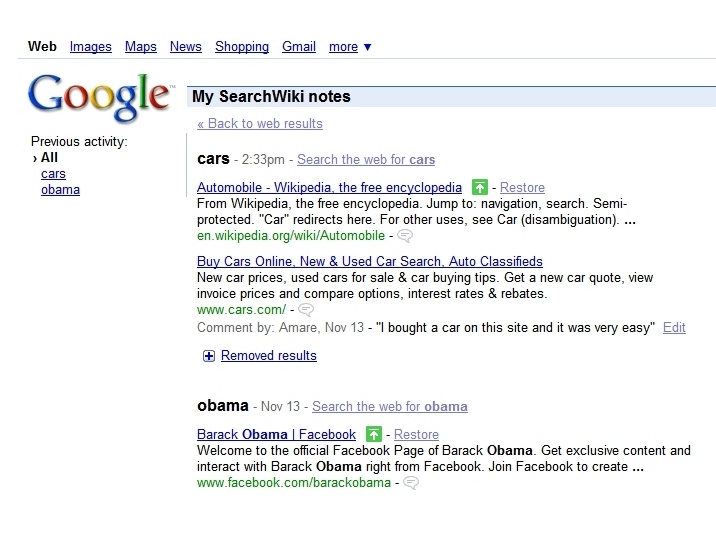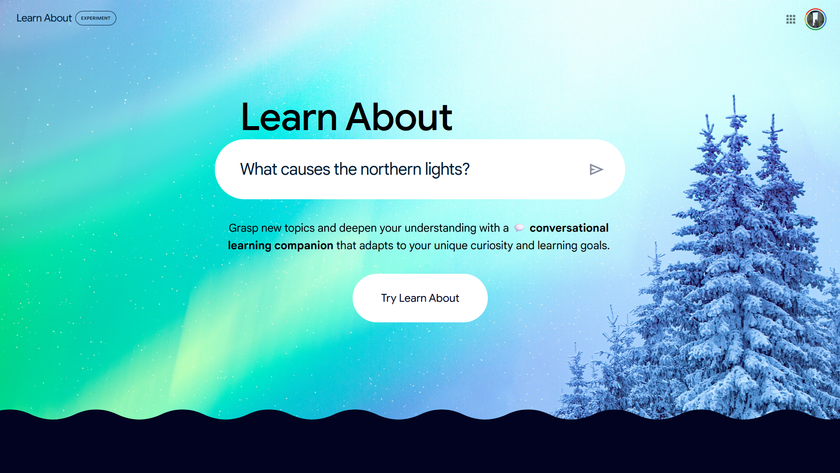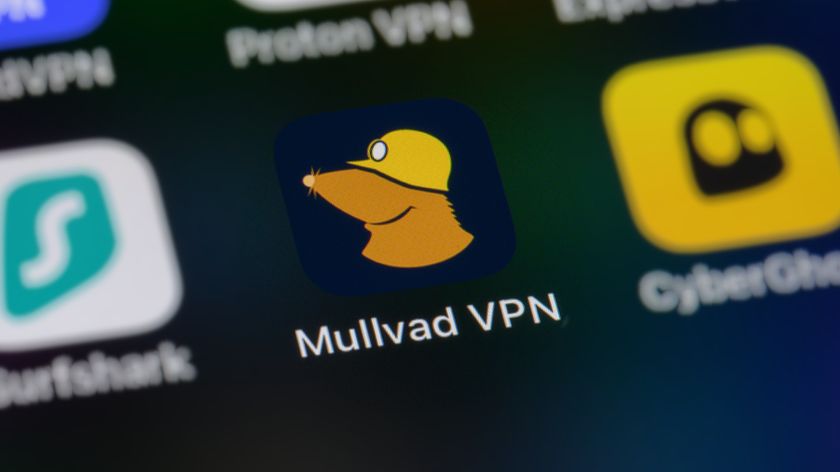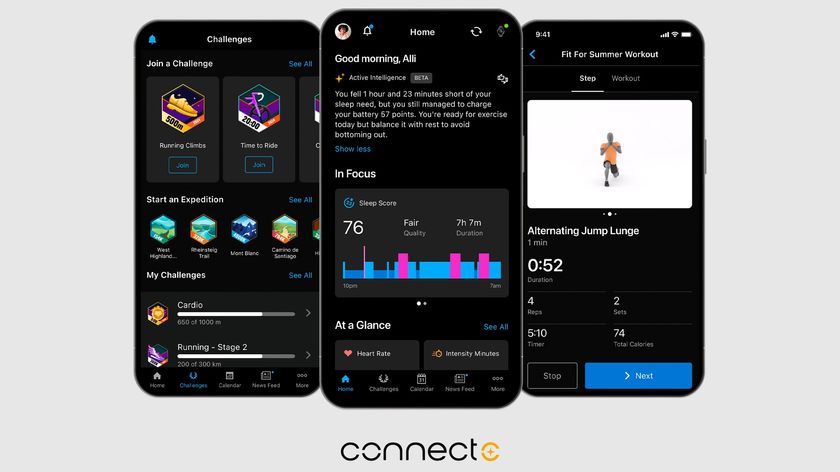Google adds people power with SearchWiki
New Google service lets you vote up and bury results. Diggoogle?

Google has added a helping of people power to its search with Google SearchWiki, which enables users to customise their search results by re-ranking, deleting and even adding new search results.
Google SearchWiki also lets you see how other searchers have customised their results.
To use SearchWiki, you'll need to be signed into your Google Account. Once you've submitted a search, you'll see an icon which allows you to push the result higher up the listings, and another which lets you remove the result, so it'll stay hidden if you make the same search in the future - two concepts that users of social sites such as digg will already be familiar with.
If you know of a better page that doesn't appear in the results, you can click 'Add a result' to add a page that you consider relevant. The page you suggested will then appear at the top with a green arrow icon next to it.
Additionally, you can add comments to your search results. You'll see these comments the next time this result returns for any of your searches. Comments are public, so you can share them with the community and see what others thought about the same results.
"We've always said that the best search engine is the one that understands what the individual user wants," said Juergen Galler, Director of Product Management at Google. "SearchWiki really puts that in action: this is an even deeper level of customization than we've offered before, because people know best what search results they're looking for."
An altruistic move to help web users improve their search results or another way for Google to gather ever more precise information on our personalities? That depends on which side of the Google-good-or-evil fence you sit on.
Get daily insight, inspiration and deals in your inbox
Sign up for breaking news, reviews, opinion, top tech deals, and more.
After watching War Games and Tron more times that is healthy, Paul (Twitter, Google+) took his first steps online via a BBC Micro and acoustic coupler back in 1985, and has been finding excuses to spend the day online ever since. This includes roles editing .net magazine, launching the Official Windows Magazine, and now as Global EiC of TechRadar.













